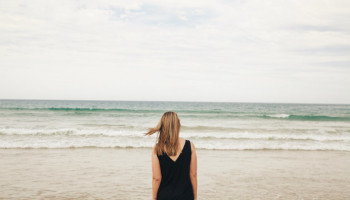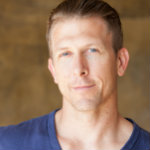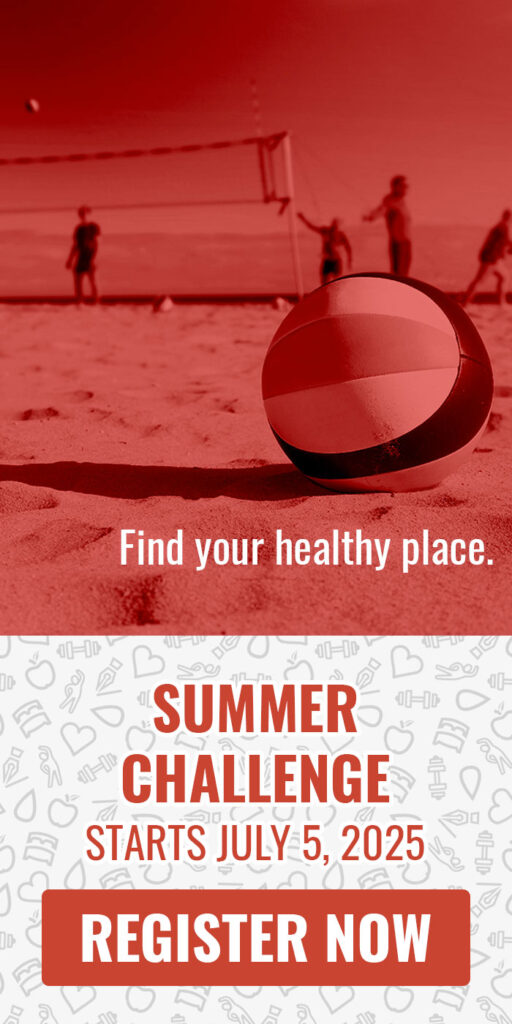 Reading Time: 3 minutes
Reading Time: 3 minutesWhat does mindfulness mean? It is a practice in bringing your attention to the present moment. It is practice in focusing on the here and now rather than getting caught up in the endless stream of thoughts that runs through your head.
- Mindfulness can come in the form of meditation, prayer, or journaling
- Any form of journaling counts, even if you develop “writers block” and have a hard time actually putting pen to paper for the full 10 minutes
- Any combination of the above two is also acceptable. If you choose to meditate or reflect for a short period and then journal about it for the remainder of the 10 minutes, you can do that as well.
Mindfulness, reflection, meditation, contemplation. Pausing for a moment to look. To look back, to look at right now, to look forward. Sometimes it’s just stopping to smell the roses.
We all spend a lot of time crashing through our lives – the simple stuff, the hard stuff, even the great stuff. We celebrate our accomplishments for a moment before we’re off onto the next big thing. Even more often, we do things just to get them done rather than to be doing them. Your life is nothing but what you are doing right now. It will never be what’s next.
If you’re not mindful, your mind can rush ahead before you’ve even had a chance to appreciate what is here and now. And you’ve earned the here and now. Meditation, stopping to calm your mind for a moment, can give you practice in being present.
Sometimes it’s a practice of closing the books.
Think about all the times you spend hauling the past around with you. Things you think you blew, things you believe you deserve to be punished for, things you won’t let go of, even things you continue to pat yourself on the back for. All of it keeps you from living right here, right now.
Reflecting on the past, with an eye on what’s happened, how it happened, and how you’ll do things going forward, can give you a lot of movement towards releasing it. You may find you need to make amends, forgive yourself, or even ask someone to acknowledge you for a job well done. Closing the books on the past requires an accounting. Casting a mindful eye backwards can give you what you need.
Sometimes it’s setting an intention for the future.
The future is the great unknown. You can never really know what is coming. Why? Because it’s not coming yet. Your future is being created moment by moment. If you’re not doing it, something else is. If you’re not careful, your past will create your future. Then you’re left with a Groundhog’s Day kind of existence, where you “mysteriously” keep getting the same thing you’ve always gotten.
If you can pause for a moment and actually create an intention for your future, you will do a heck of a lot towards starting to shape it. If you can consistently point yourself in the direction you want to go, you’ll start to find your opportunities and actions lining up with the future you want to live in.
Whatever mindfulness is, getting off the hamster wheel for a moment long enough to take a breath is valuable. It will give you some control over who are you here and now and who you will become in the future. Everything springs from right now. Mindfulness is the practice of harnessing the “right now” and using it for a purpose, rather than being used by it.







